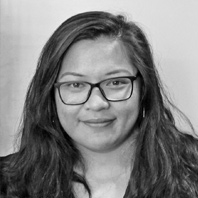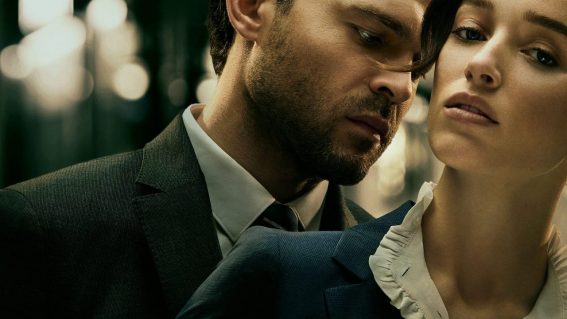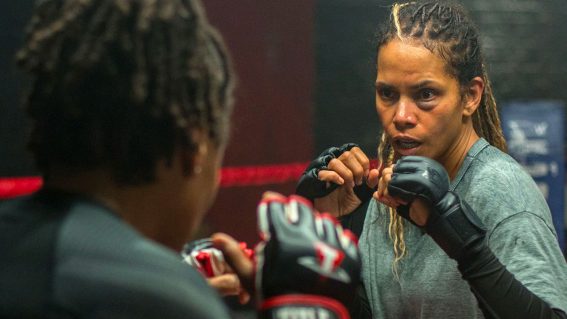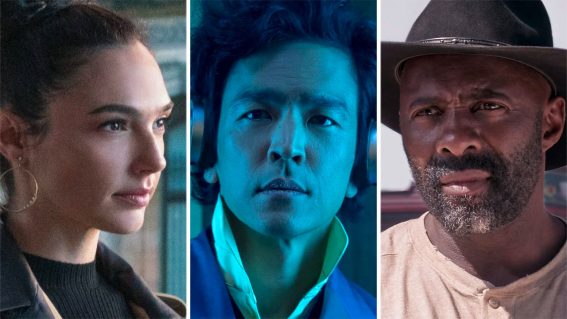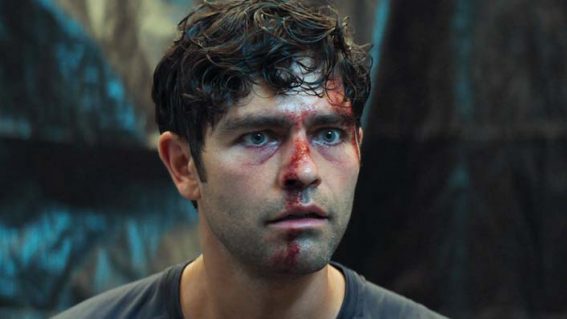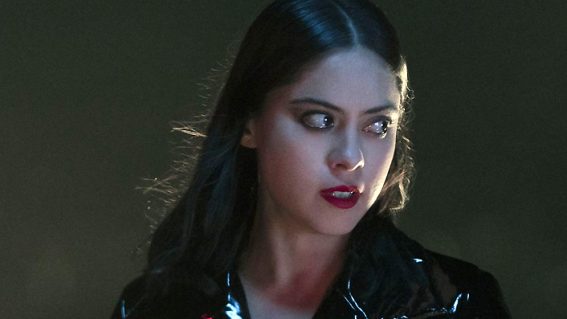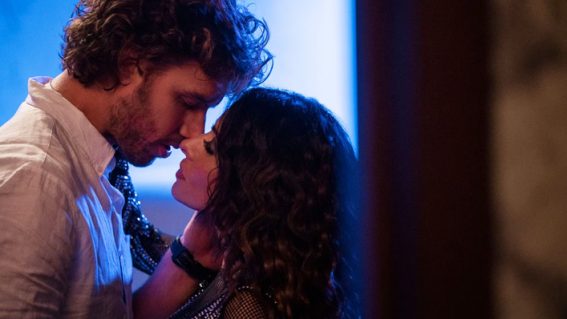Social norms, niceties, sexism and roaring racism collide in the captivating Passing
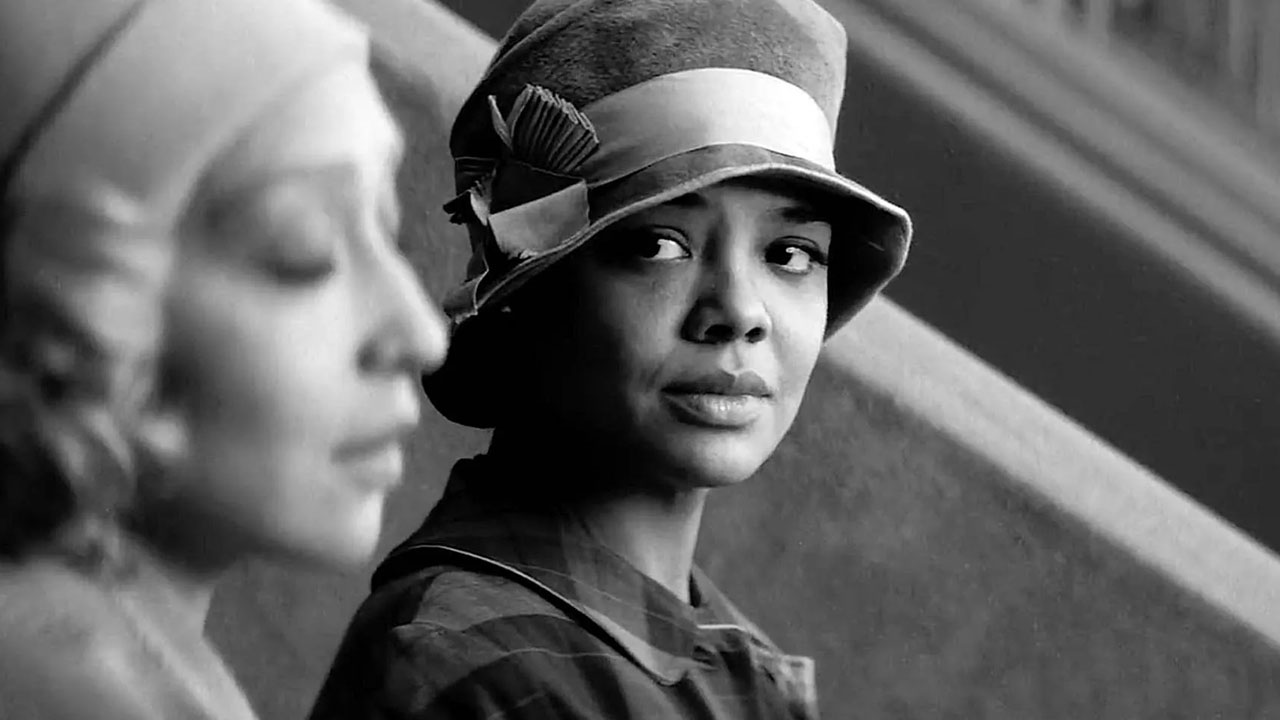
Rebecca Hall’s Passing is an enthralling watch about two Black women who share a dangerous secret in the roaring 20s. It’s a thought-provoking film with some superb acting, writes Laumata Lauano.
Based on the 1929 book by Nella Larsen, Passing is less about explosive in-your-face racism but rather more about the emotions raging on under the seemingly calm exterior of its main characters. Beautifully shot in 4:3 aspect ratio and monochrome, Rebecca Hall brings to life a bygone era that looked lovely but had a hideous underbelly that seemed to bubble beneath the surface of the film.
The film centres on Irene (played by Tessa Thompson) and Clare (Ruth Negga) two women who rekindle their schoolyard friendship after years apart. They accidentally bump into each other in a New York ‘whites-only’ hotel, where Irene is ‘passing’ in order to get some reprieve from the heat after being unable to find a book for her son at a whites-only store.
If you’re unaware, the “passing” of the title refers primarily (though not exclusively) to its main characters’ ability, in a segregated society, to “pass” as white. During a time where Black people were openly discriminated against, it’s convenient for Irene to do so when she needs to. For Clare however—who we discover is married to a wholly racist white man that ‘hates’ black people (played by Alexander Skarsgård)—it’s a necessity for her chosen lifestyle.
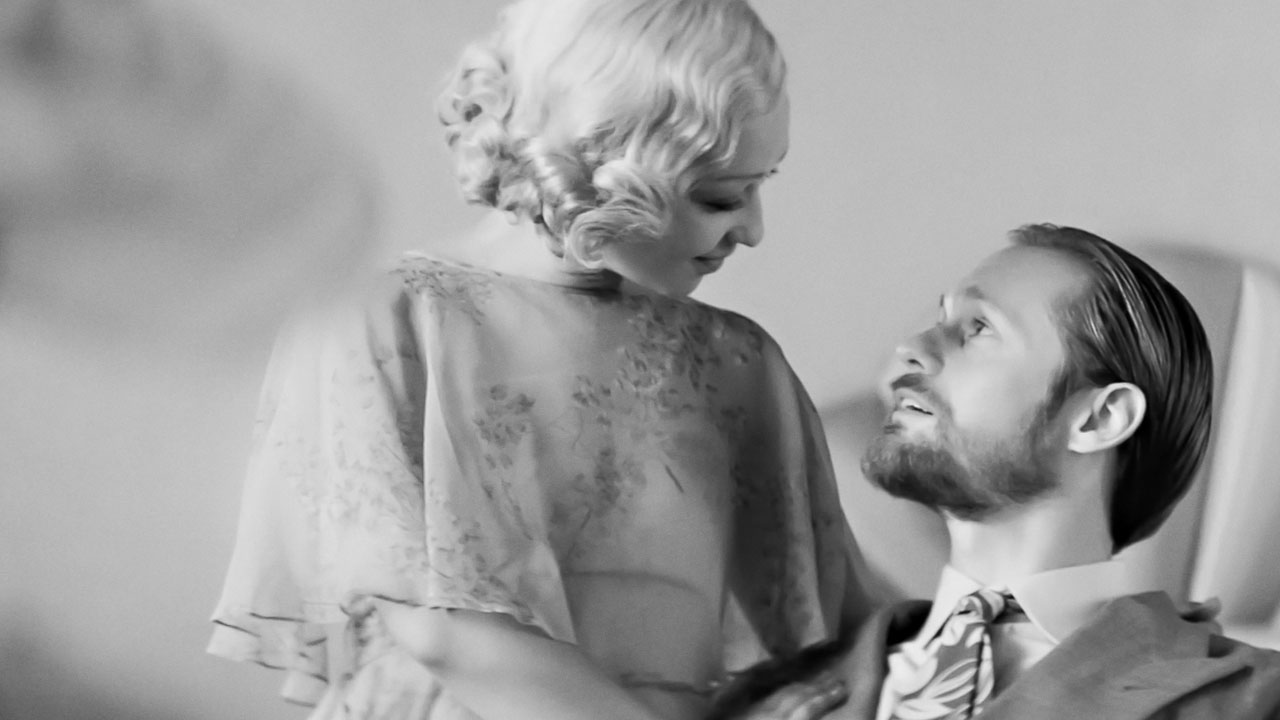
Rebecca Hall’s adaptation of Larsen’s novel is as much about race as the book was, but she recognises and subtly highlights the extension beyond this category of identity to include others—addressing intersectionality, the overlapping identities and experiences, in order to understand the complexity of the prejudices our characters face.
The two women are equal parts enticed and repulsed by how the other lives. Wanting to know more about one another, and perhaps even attracted to each other. However there’s also a sense of shame tangled up in the feeling of discontent with their own lives and wanting what another has.
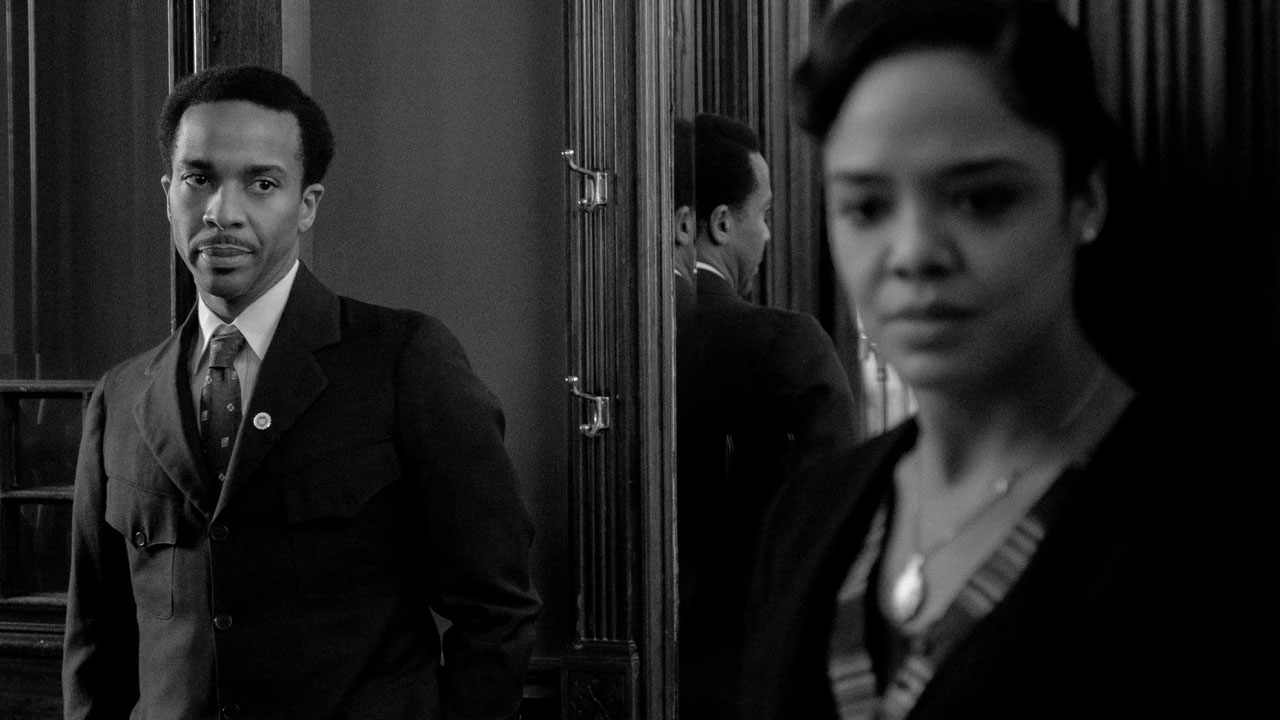
Because although Irene believes that she’s taken the ‘moral path’—having married Brian Redfield (André Holland), a Black doctor and settled in Harlem with their two sons—she’s also drawn to Clare and seems to almost resent her for it. Whereas Clare considers being where she is now—the wife of a wealthy white man, however much he unknowingly hates all of what she is—is worth the ‘freedom’ that comes with living her dishonest life. But in crossing paths with Irene from her past, we see an almost desperation in Clare’s attempts to immerse herself in the culture she so readily left behind.
Each woman believes the other to have a kind of freedom and ‘safety’ that is out of reach for herself. In 1920s America, a repressive world of social norms, niceties, sexism and roaring racism, they don’t have the words or even the notion to want to express exactly what they feel. All throughout the film we are delicately confronted by different aspects of constraints not just for race but for women under the patriarchy, as mothers and wives, we see constraints around sexual choices and boundaries, homosexuality and heterosexuality.
It’s a captivating, if slightly uneasy, watch. You’re constantly repulsed by racist phrases that were everyday vernacular in that time. For all the talk of safe and safety, from the women’s dissatisfaction with their own lives to the wider context of what Black America, and America in general, was suffering from—and in many aspects are still suffering from today. To the touristy attitudes of what you could call white ‘allies’—who in today’s context would *not* be considered so. Throughout the whole film, not a single person is ‘safe’.
